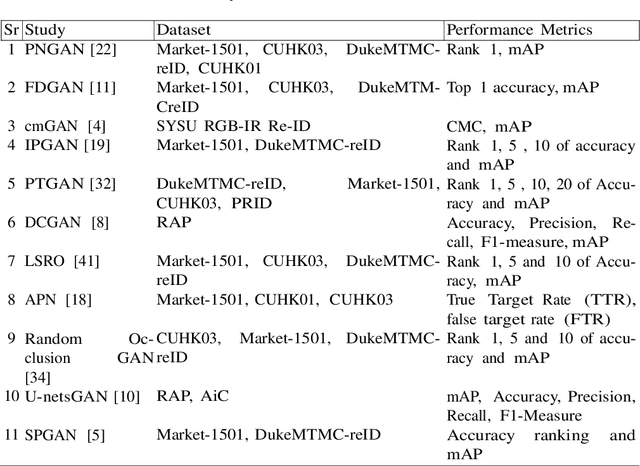Charles Z. Liu
FedMAE: Federated Self-Supervised Learning with One-Block Masked Auto-Encoder
Mar 20, 2023



Abstract:Latest federated learning (FL) methods started to focus on how to use unlabeled data in clients for training due to users' privacy concerns, high labeling costs, or lack of expertise. However, current Federated Semi-Supervised/Self-Supervised Learning (FSSL) approaches fail to learn large-scale images because of the limited computing resources of local clients. In this paper, we introduce a new framework FedMAE, which stands for Federated Masked AutoEncoder, to address the problem of how to utilize unlabeled large-scale images for FL. Specifically, FedMAE can pre-train one-block Masked AutoEncoder (MAE) using large images in lightweight client devices, and then cascades multiple pre-trained one-block MAEs in the server to build a multi-block ViT backbone for downstream tasks. Theoretical analysis and experimental results on image reconstruction and classification show that our FedMAE achieves superior performance compared to the state-of-the-art FSSL methods.
An Introduction to Person Re-identification with Generative Adversarial Networks
Apr 17, 2019

Abstract:Person re-identification is a basic subject in the field of computer vision. The traditional methods have several limitations in solving the problems of person illumination like occlusion, pose variation and feature variation under complex background. Fortunately, deep learning paradigm opens new ways of the person re-identification research and becomes a hot spot in this field. Generative Adversarial Nets (GANs) in the past few years attracted lots of attention in solving these problems. This paper reviews the GAN based methods for person re-identification focuses on the related papers about different GAN based frameworks and discusses their advantages and disadvantages. Finally, it proposes the direction of future research, especially the prospect of person re-identification methods based on GANs.
 Add to Chrome
Add to Chrome Add to Firefox
Add to Firefox Add to Edge
Add to Edge